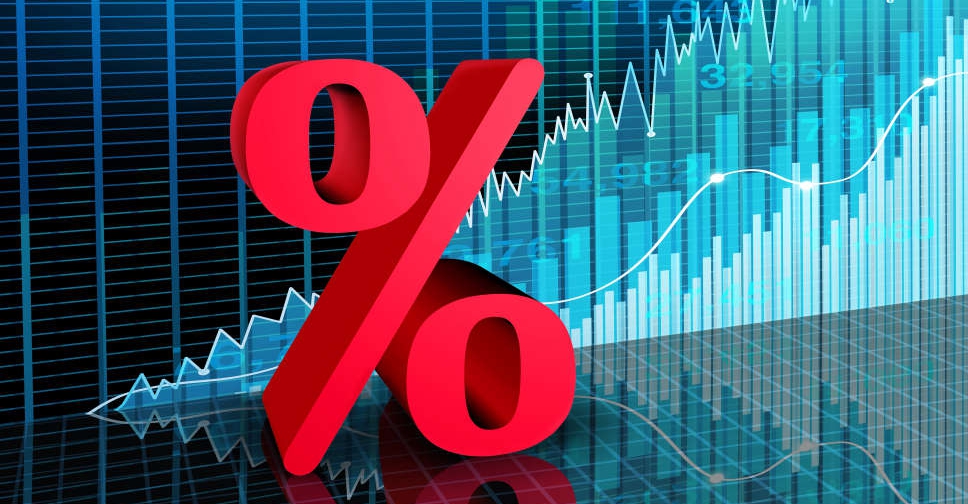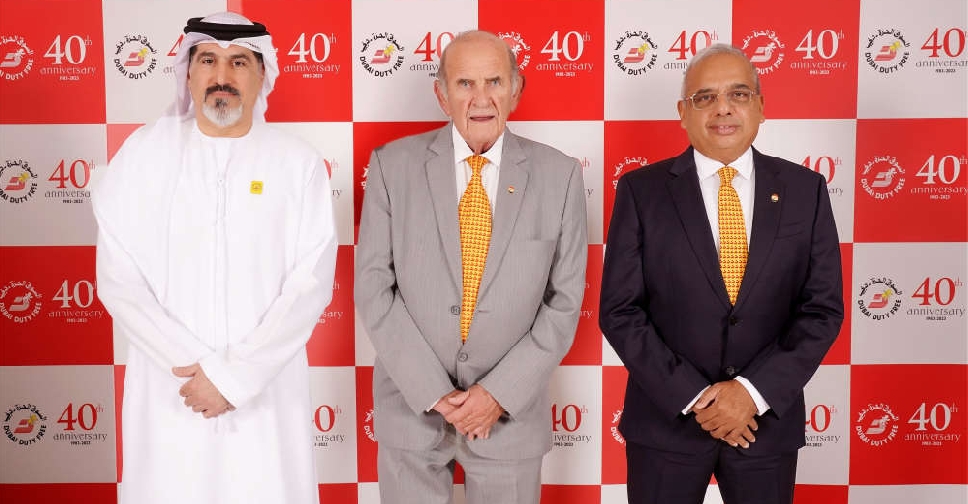
Leaders of the world's top central banks reaffirmed they see further policy tightening as needed to tame stubbornly high inflation but still believe they can achieve that without triggering outright recessions.
U.S. Federal Reserve Chairman Jerome Powell did not rule out further hikes at consecutive Fed meetings while European Central Bank President Christine Lagarde confirmed expectations the bank will raise rates in July, saying such a move was "likely".
"Policy hasn't been restrictive enough for long enough," Powell told an annual gathering of central bankers hosted by the ECB in the Portuguese mountain resort of Sintra.
"I wouldn't take moving in consecutive meetings off the table at all," he said. The next rate-setting Federal Open Market Committee meeting is scheduled for July 25-26.
Powell said the U.S. labour market in particular needed to soften further to take pressure off prices. While acknowledging a "significant probability" that could lead to a downturn, he said that was "not the most likely case".
Lagarde said it was possible that the flatlining euro zone economy could slip into an outright recession this year but stressed that was not the ECB's baseline expectation.
"We still have more ground to cover," she said of the fight against inflation. "We are not seeing enough tangible evidence of the fact that underlying inflation, particularly domestic prices, are stabilising and moving down."
Bank of England Governor Andrew Bailey told the same panel that last week's unexpected 50 basis point rise in interest rates reflected a resilient economy and persistent inflation, adding that the BoE did not currently forecast a recession.
On future policy action to bring down a UK inflation rate which is the highest among the Group of Seven (G7) rich nations, Bailey said: "We will do what is necessary."
Bank of Japan Governor Kazuo Ueda had a markedly different message to others on the panel, saying the BOJ would see good reason to shift from its relatively looser monetary policy if it became "reasonably sure" inflation would accelerate into 2024 after a period of moderation.
While headline inflation was above 3%, the BOJ was keeping monetary policy easy because underlying inflation remained below its 2% target, Ueda said.



 Dubai Duty Free boss to retire after 41 years
Dubai Duty Free boss to retire after 41 years
 Sharjah airport welcomes over 4 million passengers
Sharjah airport welcomes over 4 million passengers
 DXB on track to surpass 90 million passengers in 2024
DXB on track to surpass 90 million passengers in 2024
 Apple unveils AI-focused chip in upgraded iPad Pro
Apple unveils AI-focused chip in upgraded iPad Pro
 Jumeirah unveils new brand identity
Jumeirah unveils new brand identity



